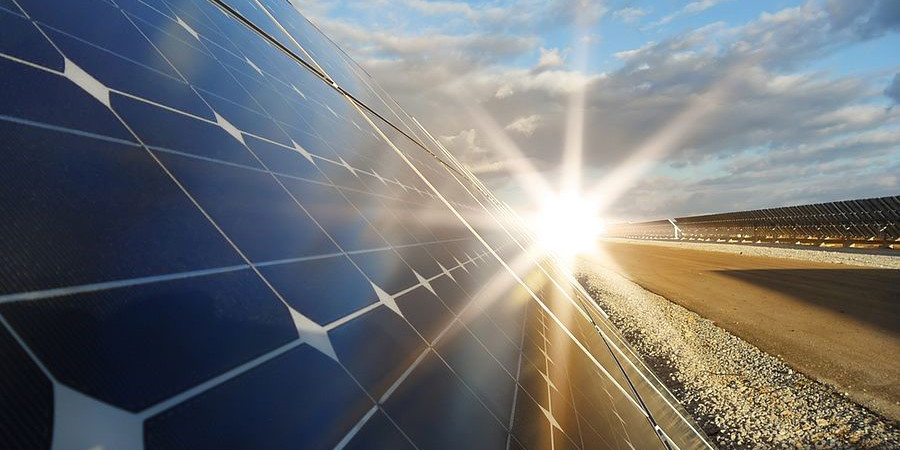German company Phaesun has installed two solar-powered water desalination pilot plants in Gujarat, which now provide clean drinking water from brackish water for a school and a temple.
The innovative desalination plant is based on electrodialysis technology, and is being developed by Phaesun, together with nine other European project partners, as part of the EU development and innovation project Revived Water.
Within the framework of the Revived Water project, Phaesun is focusing on independent solar-powered systems that can produce up to 2000 litres of drinking water per day from salty water reservoirs.
The technology
Unlike conventional desalination technologies based on thermal technology or reverse osmosis, electrodialysis requires neither high temperatures nor high pressures. It is based on a membrane technology, wherein an electric current ensures that salt ions are passed through an ion exchange membrane, thus allowing the salt content to be significantly reduced without filtering other important minerals out of the water.
Phaesun Managing Director Tobias Zwirner explained: “The new technology requires little maintenance and due to its low energy needs, it is well suited for solar power supply. This makes it particularly suitable for applications in remote areas in developing countries without a power grid. This is exactly where Phaesun’s expertise lies.”
Projects in pipeline
Phaesun is developing the solar power supply and testing pilot plants in Africa and Asia under real conditions. The first pilot plants were installed in East Africa in 2018 and 2019. Performance data was collected by a remote monitoring and control system and incorporated into further development.
The Revived Water project is now entering its final phase. Further pilot plants will be installed in Tanzania and Somaliland. The end product developed with the experience gained will be marketed from mid-2020.
This content is protected by copyright and may not be reused. If you want to cooperate with us and would like to reuse some of our content, please contact: editors@pv-magazine.com.









By submitting this form you agree to pv magazine using your data for the purposes of publishing your comment.
Your personal data will only be disclosed or otherwise transmitted to third parties for the purposes of spam filtering or if this is necessary for technical maintenance of the website. Any other transfer to third parties will not take place unless this is justified on the basis of applicable data protection regulations or if pv magazine is legally obliged to do so.
You may revoke this consent at any time with effect for the future, in which case your personal data will be deleted immediately. Otherwise, your data will be deleted if pv magazine has processed your request or the purpose of data storage is fulfilled.
Further information on data privacy can be found in our Data Protection Policy.